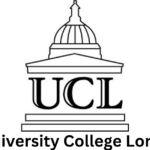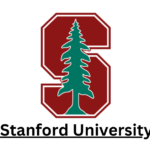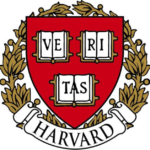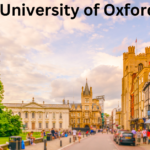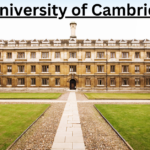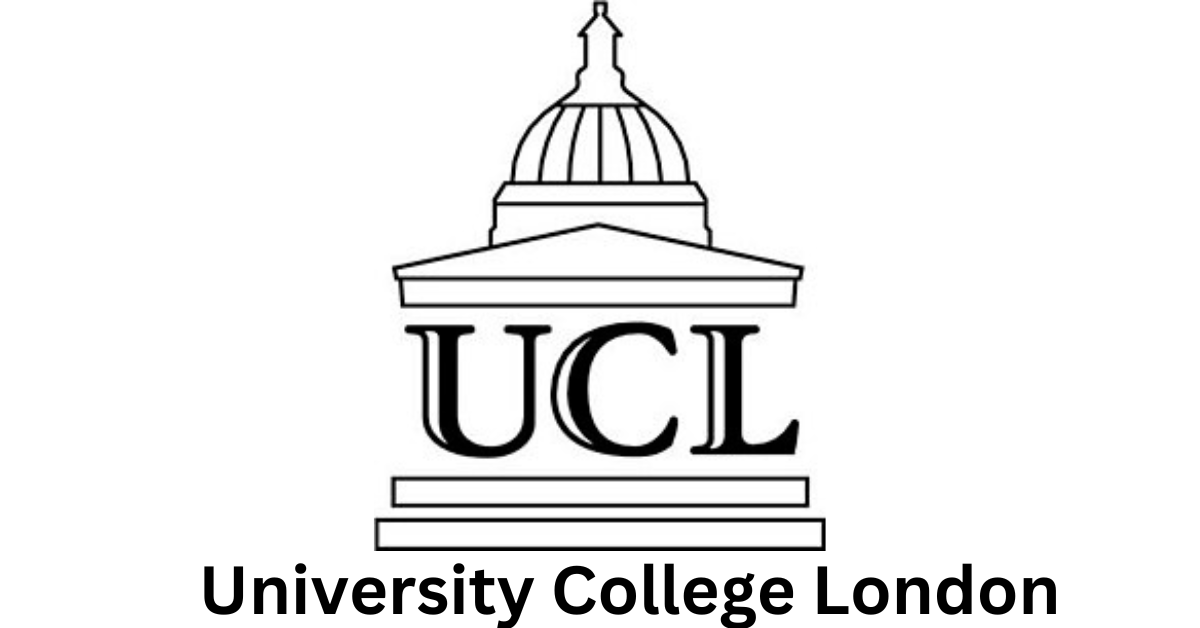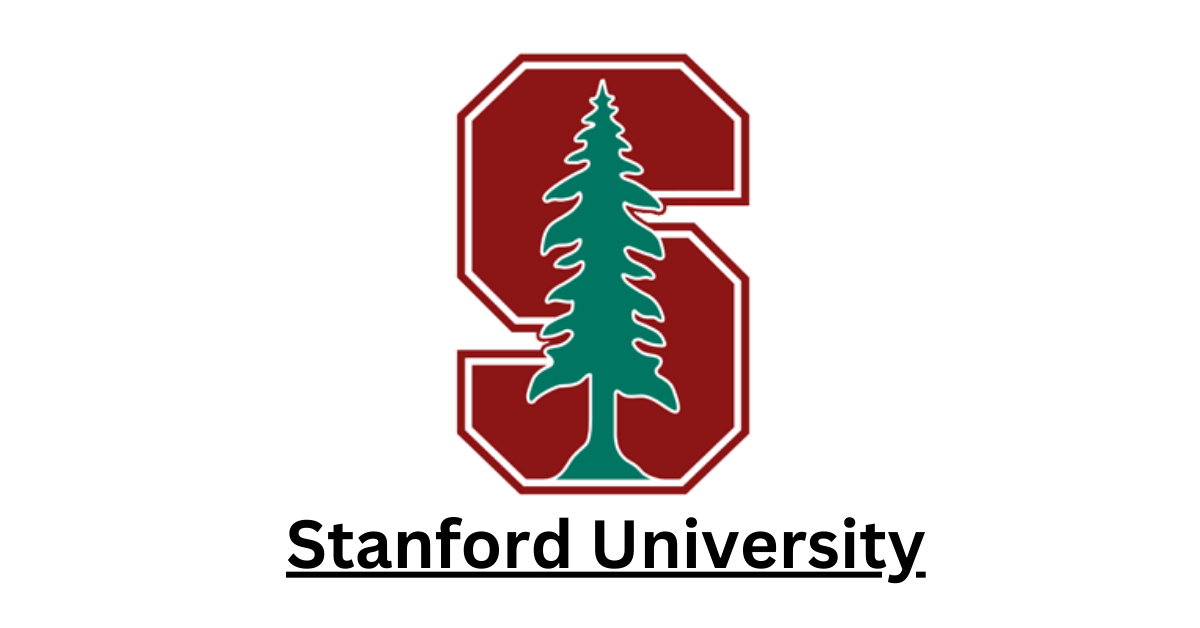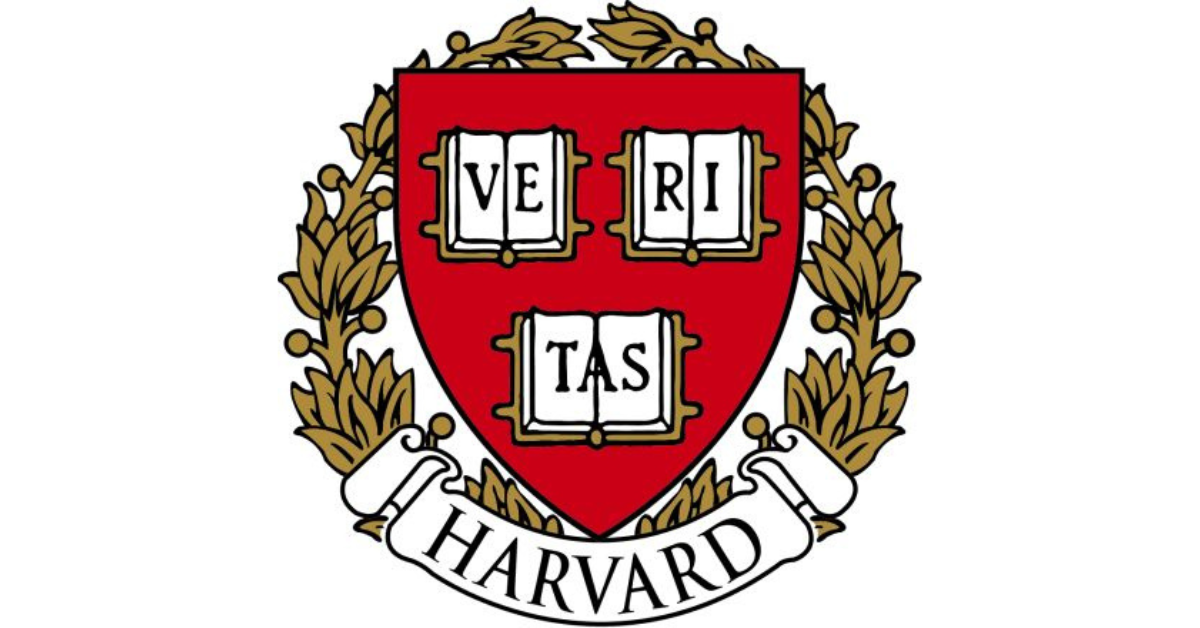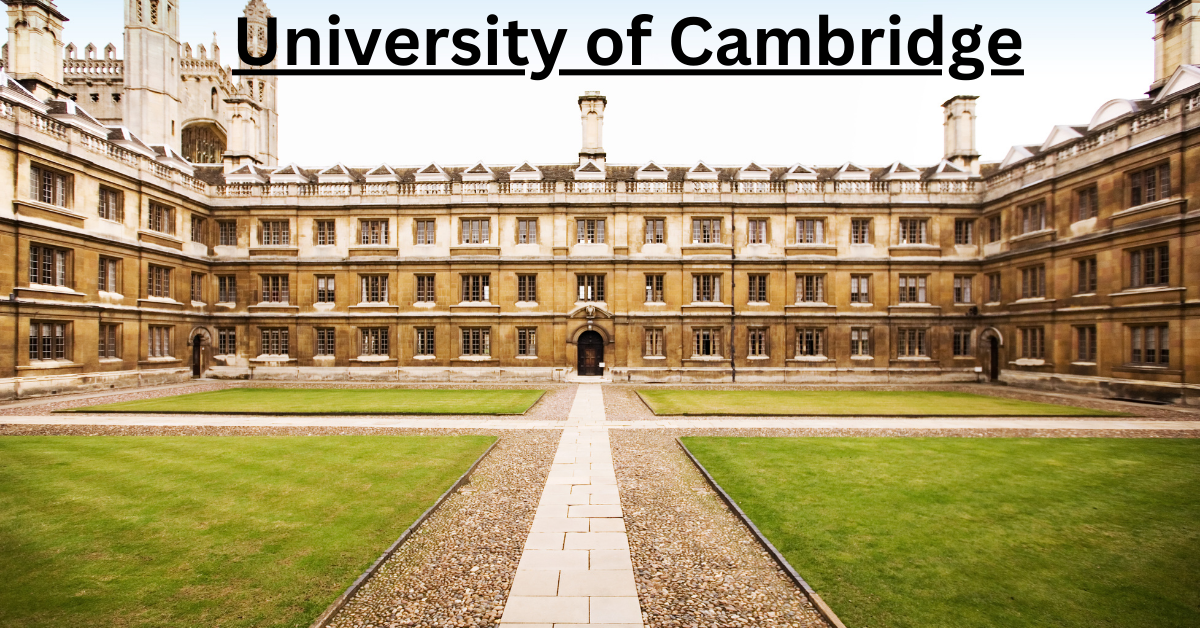The University of Oxford, often simply referred to as Oxford, is a prestigious institution renowned for its rich history, academic excellence, and significant contributions to various fields of knowledge. Established in the medieval era, Oxford has evolved over centuries to become one of the most respected and influential universities globally. This article provides a detailed examination of the University of Oxford, exploring its history, structure, academic offerings, notable alumni, and its role in contemporary education and research.
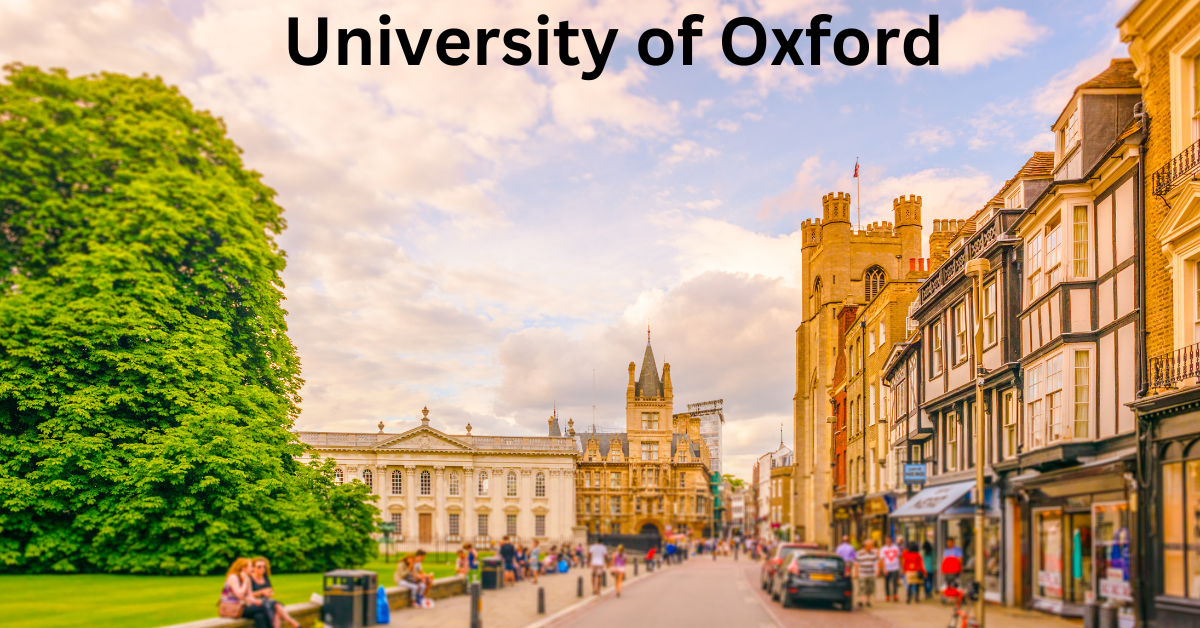
Historical Background
Early Beginnings
The exact date of Oxford’s founding is uncertain, but evidence suggests that teaching existed in some form as early as the 11th century. The university grew rapidly from 1167 when Henry II banned English students from attending the University of Paris. The first known Oxford college, University College, was established in 1249, followed by Balliol College in 1263, and Merton College in 1264. These early foundations laid the groundwork for the collegiate system that is central to Oxford’s identity today.
Medieval and Renaissance Periods
During the medieval period, Oxford was a center for scholasticism, a method of learning that emphasized critical thought and the harmonization of Christian theology with classical philosophy. The university’s reputation for intellectual rigor attracted scholars from across Europe. Notable medieval scholars include Thomas Aquinas, who briefly lectured at Oxford, and Roger Bacon, a philosopher and early advocate of the scientific method.
The Renaissance brought significant changes to Oxford, including the humanist movement’s influence, which emphasized the study of classical texts and languages. This period also saw the establishment of several new colleges, such as Brasenose (1509) and Corpus Christi (1517), which expanded the university’s academic and social landscape.
Modern Era
The 19th and 20th centuries were periods of considerable change and modernization for Oxford. Reforms in the 19th century, such as the Oxford University Act 1854, opened the university to a broader range of students by reducing the influence of the Anglican Church. Women were admitted to Oxford for the first time in 1878, and by 1920 they were allowed to receive degrees.
In the 20th century, Oxford continued to grow in both size and academic standing. The university played a crucial role during both World Wars, contributing to military research and intelligence efforts. Post-war, Oxford expanded its research capabilities and modernized its curriculum to reflect the changing needs of society.
Structure and Governance
Collegiate System
The University of Oxford is composed of 39 autonomous colleges and six permanent private halls. Each college operates independently, managing its own finances, administration, and admissions. This collegiate system creates a unique academic environment, fostering close-knit communities where students live, study, and socialize.
Colleges vary in size, age, and character. Some of the most notable colleges include:
- Christ Church: Founded in 1546 by King Henry VIII, it is one of Oxford’s largest and most prestigious colleges.
- Magdalen College: Known for its beautiful grounds and rich history, Magdalen was founded in 1458.
- Balliol College: With a reputation for academic excellence, Balliol was established in 1263.
Each college provides tutorial teaching, a distinctive feature of the Oxford educational system, where students receive personalized instruction from experienced tutors.
Central Administration
While colleges are autonomous, the central university provides overarching governance and coordination. Key administrative bodies include:
- The University Council: The executive policy-making body responsible for the university’s strategic direction.
- The Congregation: The university’s sovereign body, consisting of over 5,000 members, including academic and senior administrative staff.
- The Vice-Chancellor: The university’s chief executive officer, responsible for overall management and leadership.
Academic Offerings
Undergraduate Programs
Oxford offers a wide range of undergraduate courses across various disciplines, including humanities, social sciences, natural sciences, and medicine. Admissions are highly competitive, with a rigorous selection process that includes entrance exams, interviews, and consideration of academic records.
Popular undergraduate courses include:
- Philosophy, Politics, and Economics (PPE): A multidisciplinary course that has produced numerous prominent politicians, economists, and philosophers.
- Medicine: Renowned for its comprehensive curriculum and cutting-edge research opportunities.
- Law: One of the most respected law programs globally, attracting top-tier students.
Graduate Programs
Oxford’s graduate programs are equally diverse and prestigious. The university offers master’s and doctoral degrees across all major academic fields. Graduate students benefit from access to world-class resources, research facilities, and expert supervision.
Prominent graduate programs include:
- MBA: Offered by the Saïd Business School, the MBA program is globally recognized for its innovative approach and leadership development.
- MSc in Computer Science: Known for its rigorous curriculum and emphasis on research.
- DPhil (PhD) in Various Disciplines: Oxford’s doctoral programs attract leading researchers from around the world, contributing to groundbreaking discoveries and advancements.
Research and Innovation
Research is a cornerstone of Oxford’s mission, with the university consistently ranked among the top research institutions globally. Oxford’s research spans a vast array of disciplines, from the humanities and social sciences to the natural sciences and engineering.
Key research areas include:
- Medical Sciences: Oxford is at the forefront of medical research, with significant contributions to fields such as cancer treatment, immunology, and vaccine development. The Jenner Institute, for example, played a pivotal role in developing the Oxford-AstraZeneca COVID-19 vaccine.
- Humanities: Oxford’s humanities research is renowned for its depth and breadth, covering areas such as history, literature, philosophy, and languages.
- Environmental Sciences: The university is actively engaged in addressing global challenges such as climate change, biodiversity loss, and sustainable development.
Oxford’s commitment to innovation is exemplified by its numerous research centers and institutes, such as the Oxford Internet Institute and the Oxford Martin School, which tackle pressing societal issues through interdisciplinary research.
Notable Alumni
The University of Oxford boasts an impressive list of alumni who have made significant contributions to various fields. Some of the most notable include:
- Literature: Authors such as J.R.R. Tolkien, C.S. Lewis, and Oscar Wilde studied at Oxford, producing literary works that have left a lasting impact on global culture.
- Politics: Oxford has educated numerous world leaders, including British Prime Ministers Margaret Thatcher, Tony Blair, and David Cameron, as well as U.S. President Bill Clinton.
- Science and Technology: Pioneers such as Stephen Hawking and Tim Berners-Lee, the inventor of the World Wide Web, are among Oxford’s distinguished alumni.
- Business: Influential business leaders like Rupert Murdoch and Michael Bloomberg also attended Oxford.
Oxford in Contemporary Education
Global Reach and Influence
Oxford’s influence extends far beyond the United Kingdom, with a significant global presence. The university collaborates with institutions and organizations worldwide, engaging in joint research projects, student exchanges, and academic partnerships.
Oxford’s global initiatives include:
- Oxford University Press (OUP): The world’s largest university press, OUP publishes a wide range of academic and educational materials, reinforcing Oxford’s global educational impact.
- International Campuses and Partnerships: Oxford maintains partnerships with leading universities around the world, fostering cross-cultural academic exchange and collaboration.
Access and Inclusion
Oxford is committed to increasing access and inclusion, striving to ensure that talented students from all backgrounds have the opportunity to study at the university. Initiatives aimed at widening participation include:
- Outreach Programs: Oxford runs numerous outreach programs to engage with schools and communities, particularly in underrepresented areas.
- Financial Support: The university offers a range of scholarships and bursaries to support students from disadvantaged backgrounds.
- Diversity and Inclusion Efforts: Oxford is actively working to create a more inclusive environment, addressing issues such as gender, race, and socio-economic diversity within its student and staff populations.
The Oxford Experience
Student Life
Life at Oxford is a unique and enriching experience, characterized by a blend of rigorous academics and vibrant extracurricular activities. Students have access to a wide range of clubs, societies, and sports teams, catering to diverse interests and fostering a sense of community.
Some key aspects of student life include:
- Tutorial System: The tutorial system is a hallmark of an Oxford education, providing personalized learning experiences and fostering close relationships between students and tutors.
- College Life: Each college offers a distinct community, with its own traditions, events, and facilities. College events such as formal dinners, balls, and sports competitions contribute to a rich social life.
- Cultural Activities: Oxford’s cultural scene is vibrant, with numerous theaters, museums, and galleries. The Ashmolean Museum, the oldest public museum in the UK, and the Bodleian Library, one of the world’s oldest libraries, are key cultural landmarks.
Oxford Traditions
Oxford is steeped in tradition, with many customs dating back centuries. These traditions contribute to the university’s unique character and include:
- May Morning: A celebration on May 1st where students gather at Magdalen College to hear the choir sing from the college tower, followed by various festivities.
- Matriculation and Graduation Ceremonies: Formal ceremonies mark the beginning and end of students’ academic journeys at Oxford, featuring traditional academic dress and rituals.
- Formal Halls: Many colleges hold formal dinners where students and faculty dine in formal attire, often accompanied by academic gowns.
Conclusion
The University of Oxford stands as a beacon of academic excellence, historical significance, and global influence. Its commitment to fostering intellectual growth, advancing research, and promoting inclusivity continues to shape the future of education and society. With a legacy that spans over nine centuries, Oxford remains a dynamic and evolving institution, dedicated to addressing the challenges of the contemporary
